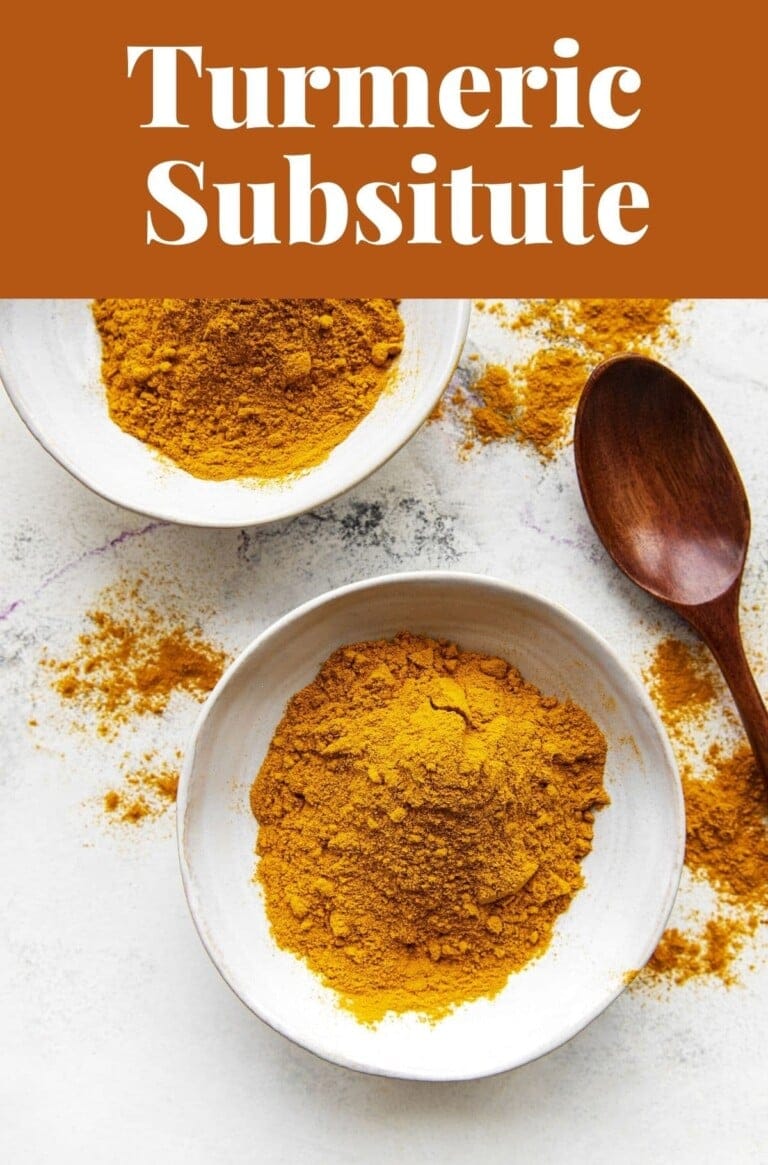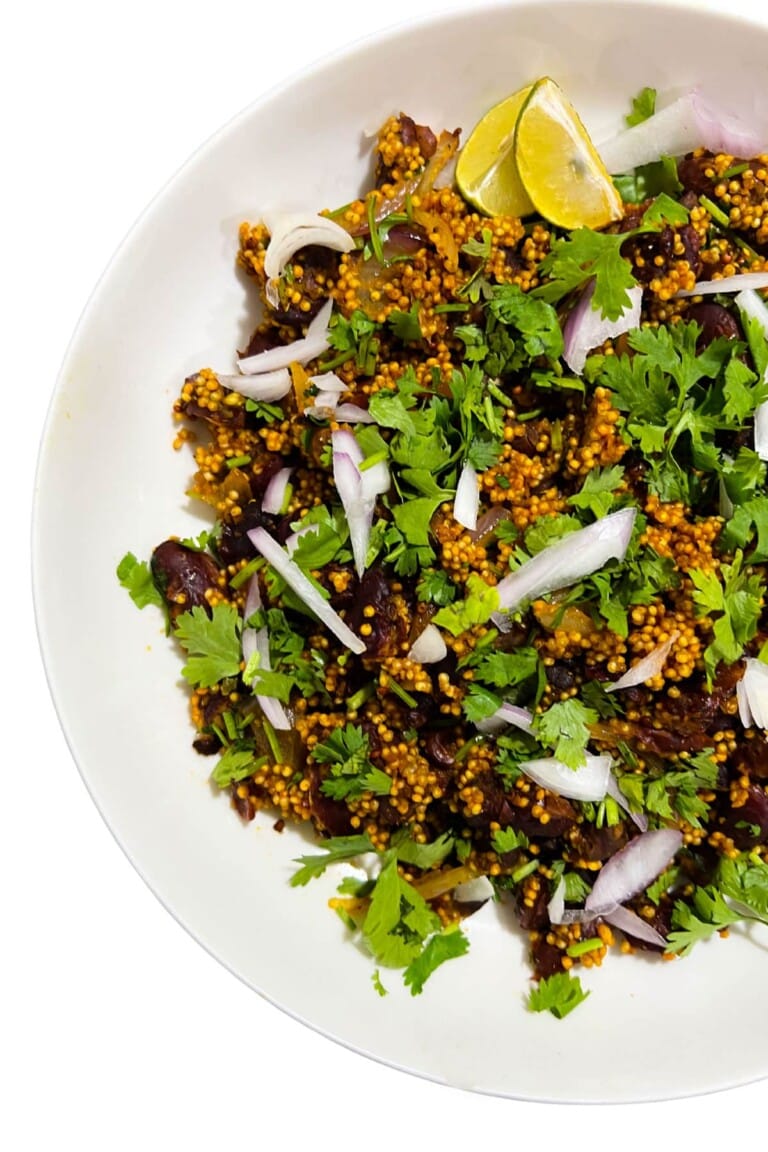Mango Leaf Tea
The scientific name of mango is Mangifera indica. It belongs to the family Anacardiaceae and is a summer fruit. Mango is not only full of taste but also packs a lot of health benefits. It is rich in several vitamins including vitamin A, C, and many minerals. Mango leaves are also beneficial, it is used to make a tasty Mango Leaf Tea.
This post contains affiliate links, which means I will make a commission at no extra cost to you should you click through and make a purchase. As an Amazon Associate, I earn from qualifying purchases. Posts may be sponsored.
If you love to drink mango tea, you will also enjoy Lemon Verbena Tea and Moringa Tea.

Mango Nutrition
The mineral contents include copper, magnesium, and potassium. Not only the fruit, but leaves are also rich in several metabolites. Mango leaves are used in Greek as well as Chinese traditional medicinal approaches.
The secondary metabolites present in mango leaves are responsible for the antioxidant properties of these leaves. These leaves are rich in phenols and flavonoids and help to remove reactive oxygen free radicals and prevent the body from oxidative stress. Can Dogs Eat Mango?
Tender leaves are an important part of South Asian cuisines and the medicinal properties they possess help to treat various ailments. The health benefits of mango leaves include:
Regulates your blood sugar level:
Mango leaves are beneficial for diabetics and they help to regulate the blood sugar level. Tannins are one of the secondary metabolites and mango leaves are rich in anthocyanidins tannins which help to diagnose early diabetes.
Helps to lose extra fat:
Mango leaves can also help to cut down the extra fat and are thus considered a great addition to your weight loss diet plan. The leaves are rich in papain which is an enzyme that helps to break the fat deposits in the body. These leaves are also rich in leptin hormone which also aids the fat digestion process.
Anti-carcinogenic properties:
The anti-carcinogenic activity of mango leaves is due to several secondary metabolites that include polyphenols and terpenoids. These metabolites help to prevent the body from any sort of oxidative damage which can lead to carcinoma or any other complication.
Promotes healthy skin:
The antioxidants of mango leaves help to heal burns and rashes, so, they are often used in topical creams for any skin burn issue. The antioxidants of mango leaves also help to reduce wrinkles and help to tighten saggy skin, thus are used in anti-aging creams.
Anti-inflammatory activity:
Several ailments cause inflammation of the brain, kidney, and other vital organs of the body. Inflammation of brain cells causes Alzheimer’s disorder. The presence of mangiferin in the mango leaves helps to reduce inflammation caused by several reasons. The secondary metabolites found in leaves also helps to treat edema.
Helps to cure hiccups:
Hiccups are due to the involuntary contractions of the diaphragm and these contractions cause the sudden closure of your vocal cords that produces an annoying hic sound. You cannot concentrate on your tasks having hiccups. Mango leaves are good to treat hiccups, the secondary metabolites of mango leaves help to treat throat problems.
Helps to relieve stomach discomfort:
Stomach problems are also common and can be trivial. The use of mango leaves to treat stomach ulcers is also reported in traditional Chinese medicine. According to an experiment conducted on rabbits, the dose of mango leaves extract helped them to decrease the number of stomach lesions.
Improve hair growth:
Mango leaves are reported to support hair growth and are thus used in several hair care products.
There is no scientific proof that they can improve hair texture. Mango leaves are rich in antioxidants, and these antioxidants help to repair the damaged hair follicles that aid your hair growth.
Rich source of nutrients
Mango leaves are rich in several nutrients including polyphenols and terpenoids. These secondary metabolites help to improve your vision and strengthen your immune system. The nutrients found in leaves also help to improve gut health and prevent various ailments like obesity, heart disease, cancer, and diabetes. Mangiferin found in mango leaves is credited for several benefits. Mangiferin possesses anti-microbial and potential treatment for tumors, heart diseases, fat digestion, and other problems.
In short, the mango leaves are packed with several health benefits and helps you to maintain a healthy lifestyle. 10 Benefits Of Mango Leaves.
Way to consume mango leaves:
Mango leaves are often dried and ground to powder to consume them. But one of the best ways to consume the leaves is to infuse them with water to make herbal tea.
Mango leaves tea is packed with all the goodness of secondary metabolites found in the leaves and is easy to consume.
Ingredients For Mango Leaf Tea
- Mango Leaves
- Ginger Root
- Sweetener
How To Make Mango Leaf Tea?
- To make the tea, scrub ginger root and cut it into slices.
- Take 2 mango leaves and wash them. Cut the leaves into small pieces.
- Bring the water to a boil in a medium pot, add ginger root, cover the pot and boil for 5 minutes.
- Add mango leaves, remove the pot from the heat. Allow steeping for 10 minutes
- Strain the tea to remove the leaves
- Sweeten with your favorite sweetener to taste.
Your mango leaves tea full of all the health benefits is ready to enjoy.
Other Amazing Teas To Prepare

If you enjoyed this post and would love to see more, join me on Youtube, Instagram, Facebook & Twitter!
Get discounted copies of my cookbook here.
Fortunately, because of the Ads on our website, readers and subscribers of Healthier Steps are sponsoring many underprivileged families.
Want to Save This Recipe?
Enter your email & I’ll send it to your inbox. Plus, get great new recipes from me every week!
By submitting this form, you consent to receive emails from Healthier Steps.

Mango Leaf Tea
Equipment
- 1 saucepan
Ingredients
- 2 mango leaves
- 1/2 inch fresh ginger root
- sweetener to taste
Instructions
- ake 2 mango leaves and wash them. Cut the leaves into small pieces.
- Scrub ginger root and cut it into slices.
- Bring the water to a boil in a medium pot, add ginger root, cover the pot and boil for 5 minutes.
- Add mango leaves, remove the pot from the heat. Allow steeping for 10 minutes
- Strain the tea to remove the leaves. Sweeten with your favorite sweetener to taste.







I happy to of found the information on this tea.
Glad you got what you were looking for.
I’ll do it too.
I need to lose weight.